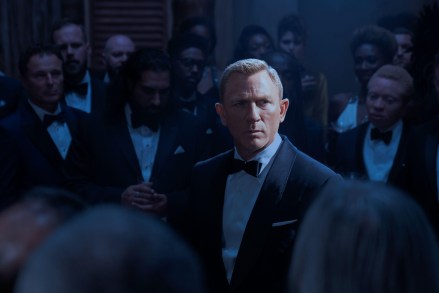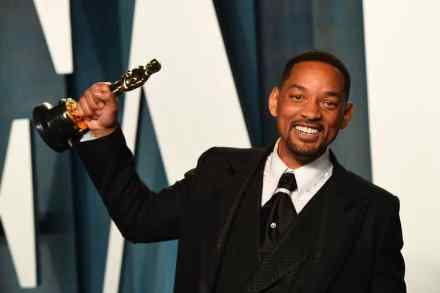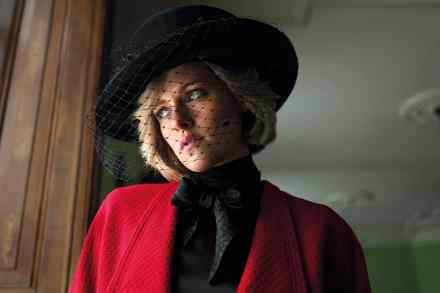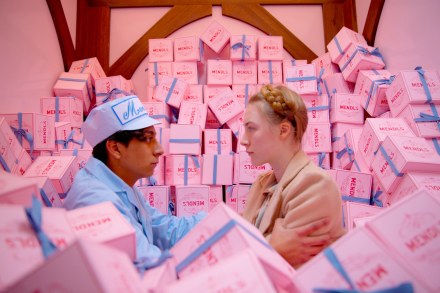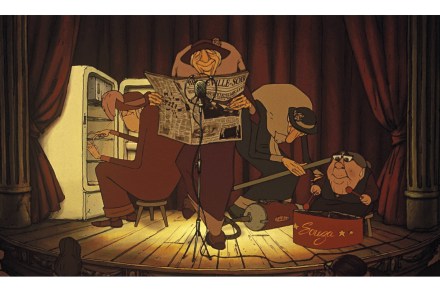Will I be sidelined by AI?
I’ve been head down for the past few weeks, preparing for my one-man show. The title is catchy – Nigel Havers Talking B*ll*cks. I’m not sure this was a good idea because in every interview that I have done, I’ve been told that we can’t use this word on air. I seem to hear nothing but four-letter words on the TV these days, so I hadn’t realised that people would mind the bollocks. It seems to be more offensive than the entire four-letter cannon. I am obviously not down with the kids. I have never done anything like this before and have been worrying about three things: will anyone come;
